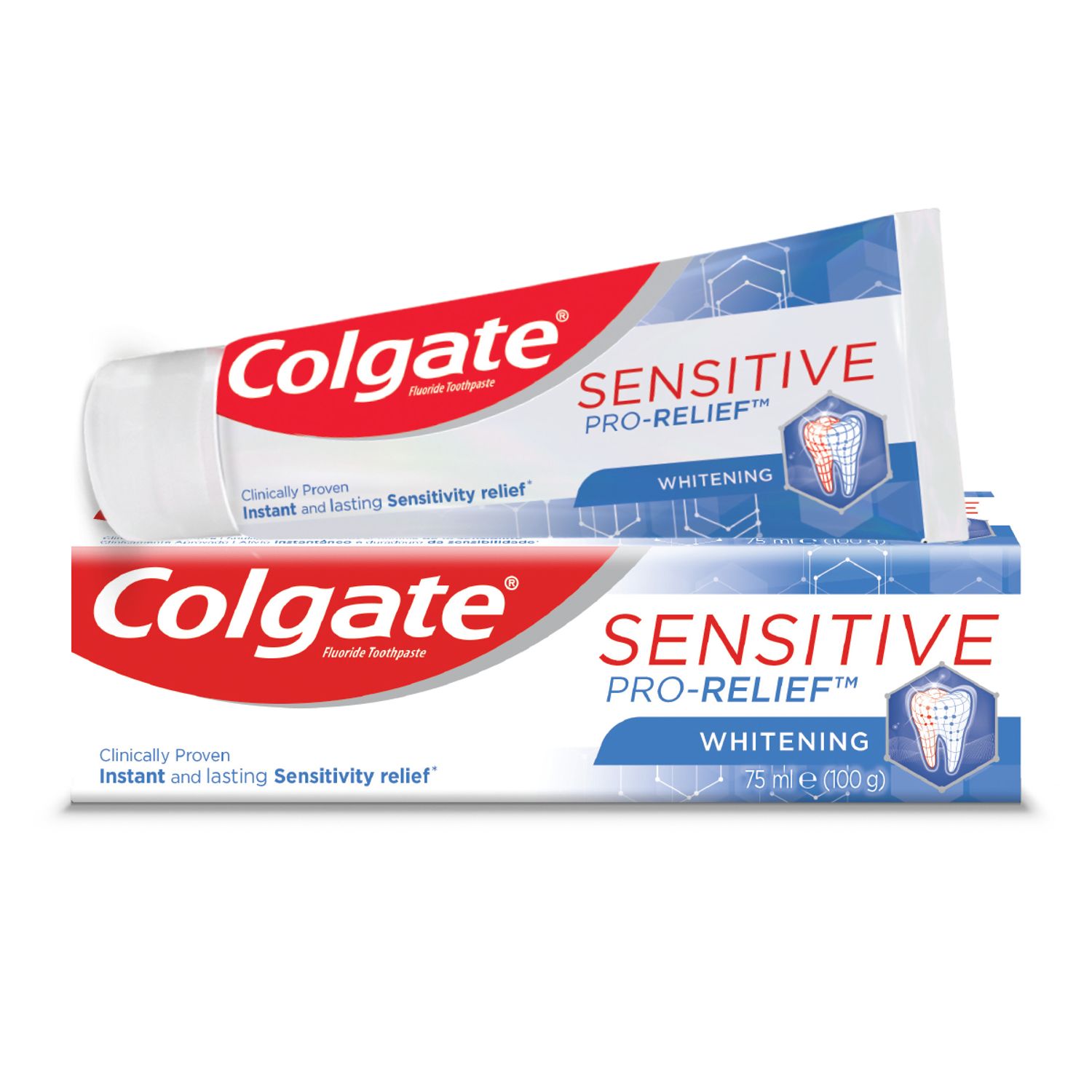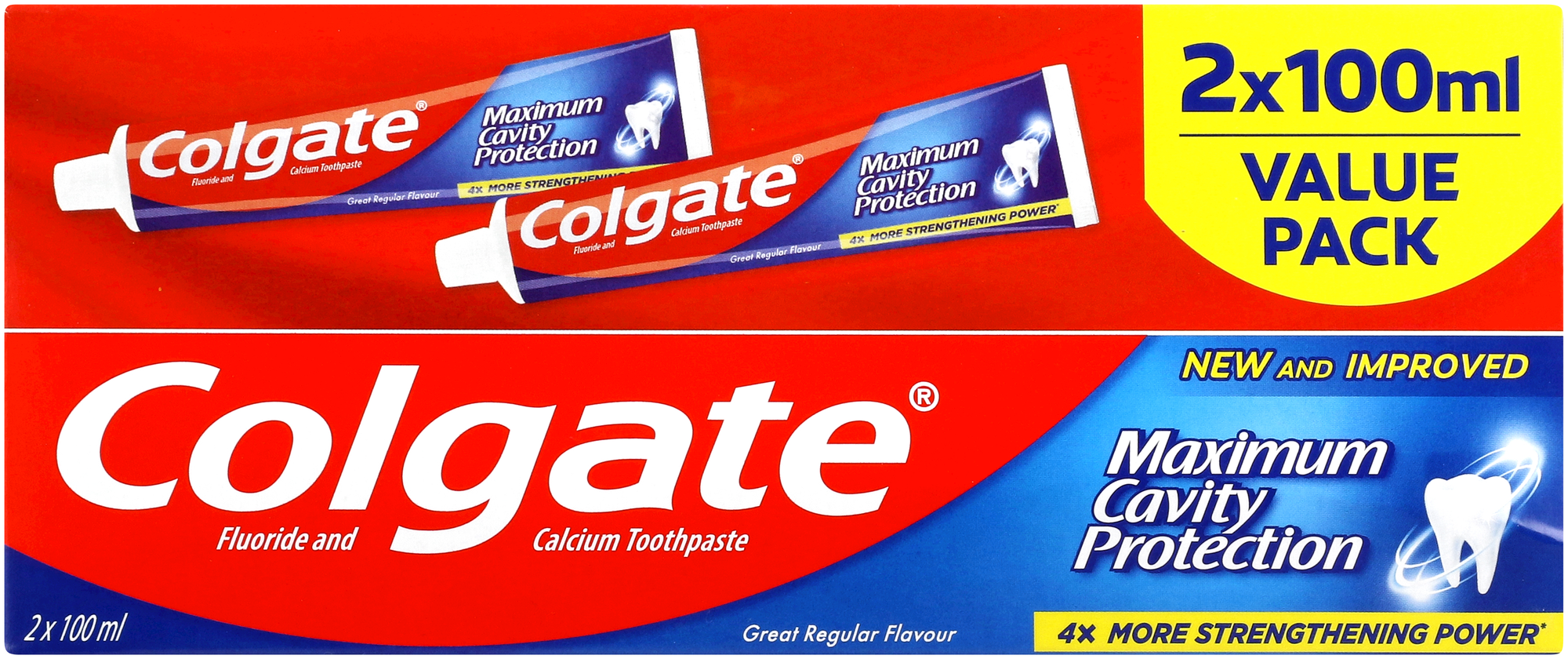What Causes a Front Tooth Cavity?
The same things that cause cavities in your back teeth can trigger the problem in your front teeth:
- Sugary foods and drinks, especially acidic fizzy drinks
- Food that gets caught in your teeth
- Forgetting to brush your teeth
- Skipping your flossing routine
- Acid reflux
- Lack of fluoride.
Additionally, tooth decay in young children, known as early childhood caries (ECC), are more common in children than any other condition; this was found by researchers and shared in an article on StatPearls, published in the United States. If not treated, children's cavities can lead to further dental problems, and even health issues.
According to information from the American Academy of Pediatrics posted on HealthyChild.org, babies and children are at greater risk of getting cavities on their front teeth from these actions:
- Sleeping with bottles in their mouths filled with sugar-sweetened drinks, milk, and juice – even if you cut the juice with water. Known as baby-bottle tooth decay (BBTD), this condition can develop if a baby falls asleep while a mother is nursing.
- Drinking sugary drinks, milk, and juice in a bottle or sippy cup throughout the day.
- Sharing saliva, which usually happens when parents share utensils and cups with their kids or clean pacifiers by putting them in their mouths.
Did You Know?
Sugar-sweetened drinks are always a no-no for kids. In addition, they should only drink milk and juice at mealtimes. Water is the best bet for children to drink in bed and throughout the day.
How Can I Identify and Treat a Front Tooth Cavity?
As you might not realise you have a cavity, the South African Dental Association (SADA) recommends that you visit your dentist or primary healthcare provider regularly for check-ups and cleanings. If you notice a cavity on a front tooth, it's best to see your dentist right away. You don't want the condition to worsen.
Cavities generally start with white spots and lead to a light brown or grey tooth colour. At that point, you should seek dental care before a tooth turns dark brown or black. You or your child might also experience pain or sensitivity to cold or hot foods and beverages, or sweets.
To treat permanent front teeth cavities, dentists will remove the decayed portion of the tooth and fill it with a strong, restorative material.
Your dentist might use tooth-coloured composite fillings made from plastic resins and finely ground glass-like elements for a natural look. This treatment typically takes one visit.
To correct cosmetic issues arising from a cavity on a front tooth, your dentist might recommend treating the cavity with one of these prosthetics:
- A crown, a tooth-shaped, natural tooth-coloured cap covering the remaining tooth structure
- A veneer, a thin piece of porcelain matching your natural tooth colour that's bonded to the front surface of the tooth.
These cosmetic options might require two or more dental visits.
Your dentist can help you determine the best treatment option for you or your child's situation.
How Can I Prevent a Front Tooth Cavity?
The great news is that you can significantly reduce your and your child's risk of tooth cavities with some simple steps:
- Brush your teeth twice a day with a fluoride toothpaste.
- Floss (also known as interdental cleaning) once a day.
- Eat a balanced diet, limiting foods and drinks with added sugars.
- See your dentist twice a year for check-ups and cleanings.
By developing an oral health care routine, you can maintain a healthy smile throughout your life. Avoid sugary and acidic foods and drinks, and clean and floss your teeth twice a day to maintain a healthy mouth.













